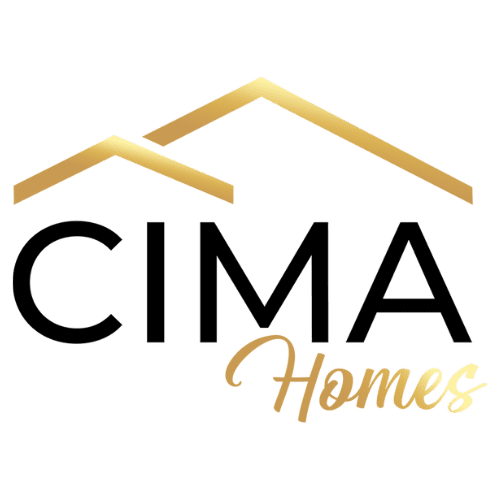Residential Terminology
Residential Terminology

The following will familiarize you with terminology regarding Real Estate:
The following will familiarize you with terminology regarding Real Estate:
A feature of the home or property that serves as a benefit to the buyer but that is not necessary to its use; may be natural (such as location, woods, water) or man-made (such as a swimming pool or garden).
Repayment of a mortgage loan through monthly installments of principal and interest; the monthly payment amount is based on a schedule that will allow you to own your home at the end of a specific time period (for example, 15 or 30 years)
Calculated by using a standard formula, the APR shows the cost of a loan; expressed as a yearly interest rate, it includes the interest, points, mortgage insurance, and other fees associated with the loan.
The first step in the official loan approval process; this form is used to record important information about the potential borrower necessary to the underwriting process.
A qualified individual who uses his or her experience and knowledge to prepare the appraisal estimate.
Adjustable Rate Mortgage; a mortgage loan subject to changes in interest rates; when rates change, ARM monthly payments increase or decrease at intervals determined by the lender; the change in monthly payment amount, however, is usually subject to a Cap.
A government official who is responsible for determining the value of a property for the purpose of taxation.
A mortgage that can be transferred from a seller to a buyer; once the loan is assumed by the buyer the seller is no longer responsible for repaying it; there may be a fee and/or a credit package involved in the transfer of an assumable mortgage.
A mortgage that typically offers low rates for an initial period of time (usually 5, 7, or 10) years; after that time period elapses, the balance is due or is refinanced by the borrower.
A federal law whereby a person´s assets are turned over to a trustee and used to pay off outstanding debts; this usually occurs when someone owes more than they have the ability to repay.
A person who has been approved to receive a loan and is then obligated to repay it and any additional fees according to the loan terms.
Based on agreed upon safety standards within a specific area, a building code is a regulation that determines the design, construction, and materials used in building.
A detailed record of all income earned and spent during a specific period of time.
A limit, such as that placed on an adjustable rate mortgage, on how much a monthly payment or interest rate can increase or decrease.
A cash amount is sometimes required to be held in reserve in addition to the down payment and closing costs; the amount is determined by the lender.
A document provided by a qualified source (such as a title company) that shows the property legally belongs to the current owner; before the title is transferred at closing, it should be clear and free of all liens or other claims.
Also known as settlement, this is the time at which the property is formally sold and transferred from the seller to the buyer; it is at this time that the borrower takes on the loan obligation, pays all closing costs, and receives title from the seller.
Customary costs above and beyond the sale price of the property that must be paid to cover the transfer of ownership at closing; these costs generally vary by geographic location and are typically detailed to the borrower after submission of a loan application.
An amount, usually a percentage of the property sales price, that is collected by a real estate professional as a fee for negotiating the transaction.
A form of ownership in which individuals purchase and own a unit of housing in a multi-unit complex; the owner also shares financial responsibility for common areas.
A private sector loan, one that is not guaranteed or insured by the U.S. government.
Residents purchase stock in a cooperative corporation that owns a structure; each stockholder is then entitled to live in a specific unit of the structure and is responsible for paying a portion of the loan.
History of an individual´s debt payment; lenders use this information to gauge a potential borrower´s ability to repay a loan.
A record that lists all past and present debts and the timeliness of their repayment; it documents an individual´s credit history.
A number representing the possibility a borrower may default; it is based upon credit history and is used to determine ability to qualify for a mortgage loan.
A comparison of gross income to housing and non-housing expenses. With the FHA, the-monthly mortgage payment should be no more than 29% of monthly gross income (before taxes) and the mortgage payment combined with non-housing debts should not exceed 41% of income.
"It seems to me that a view of the heavenly bodies through a fine telescope"


